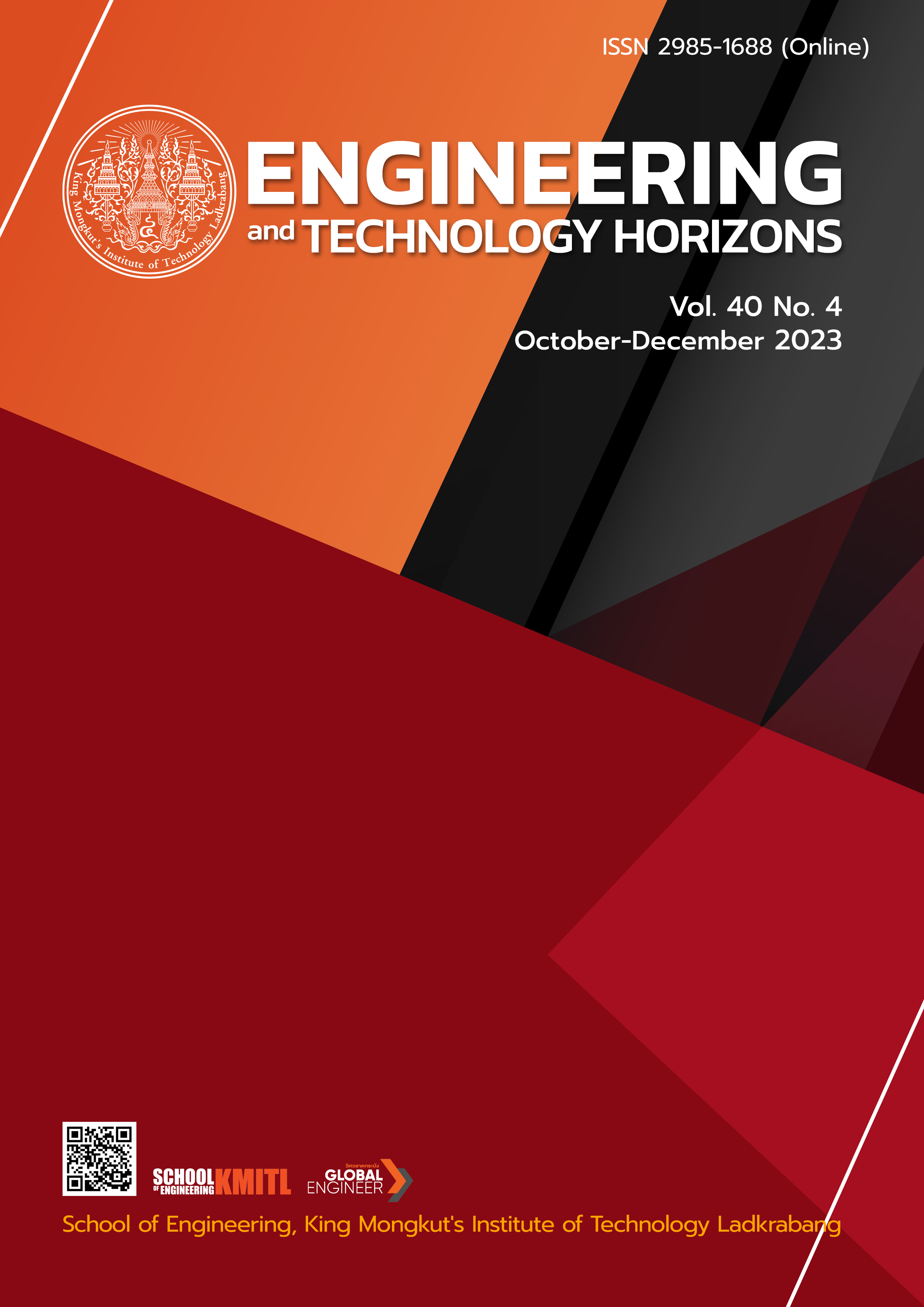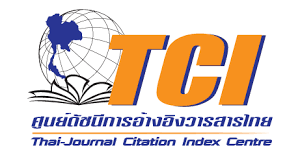Consumption Volume Comparison of Fuel for the 2009 Toyota Altis 1.6 Gasoline Engine Car
DOI:
https://doi.org/10.55003/ETH.400412Keywords:
Fuel consumption, Fuel efficiency, Gasohol fuel typeAbstract
This research study aimed to investigate the fuel consumption rates of different types of fuel for a 2009 Toyota Altis 1.6 car. The objective was to determine the fuel consumption rates of various types of gasoline and compare them. Four different fuel types were used in the experiments: gasoline 91, gasoline 95, gasoline E20, and gasoline E85. Data was collected from the car's Engine Control Unit (ECU) using a G-scan 2 device during test drives covering a distance of 8 kilometers in urban driving conditions. Three main factors were considered during the experiments: consistent single-driver performance throughout the tests, controlled additional equipment in the vehicle, and varying environmental conditions. On average, the research found that gasoline 91 had the highest fuel consumption rate, averaging 0.73 liters, indicating relatively high fuel wastage during driving. In contrast, gasoline 95 had the lowest average fuel consumption rate at 0.54 liters for the same 8-kilometer distance. This is attributed to the fact that gasoline 95 has a higher-octane rating of 95%, making it more suitable for this type of engine. Additionally, gasoline E20 had an average fuel consumption rate of 0.64 liters, while gasoline E85 had an average fuel consumption rate of 0.66 liters over the same test distance. Gasoline 95 consistently demonstrated the lowest fuel consumption among the four fuel types. Furthermore, the research also calculated the energy content of each fuel type. Gasoline 91 was found to have an energy content of 273,755.2 kJ, gasoline 95 had an energy content of 271,857.6 kJ, both of which were relatively close due to their main component being gasoline. On the other hand, E20 had an energy content of 48,428.94 kJ, and E85 had an energy content of 37,426.66 kJ, both lower due to their higher ethanol content. In conclusion, among the four tested fuel types, gasoline 95 exhibited the lowest fuel consumption rate for the 2009 Toyota Altis 1.6. Additionally, the energy content of the fuels showed that gasoline 91 and gasoline 95 had similar values, primarily composed of gasoline, while E20 and E85 had lower energy contents due to their higher ethanol content.
References
R. K. Singh, A. Gunasekaran and P. Kumar, “Third party logistics (3PL) selection for cold chain management: a fuzzy AHP and fuzzy TOPSIS approach,” Annals of Operations Research, vol. 267, pp. 531–553, 2018, doi: 10.1007/s10479-017-2591-3.
W. Kanit and R. Promrak, “A Comparative Study of using Synthetic Diesel from Waste Cooking Oil (HiBD) and Commercial Diesel Fuel on a Vehicle’s Fuel Consumption and Emissions,” Kasetsart Engineering Journal, vol. 29, no. 97, pp. 13–24, 2016
S. Suchinthorn and J. Suntaree, “A Study on the Fuel Consumption of Refrigerated Container Pickup: Case Study of Tatong Nakornsawan Company Limited,” PSRU Journal of Industrial Technology and Engineering, vol. 2, no. 3, pp. 11–20, 2020.
X. Yang, S. Wang, Y. Bian, F. Chen, G. Yu, C. Gu and X. Jiang, “Dicofol application resulted in high DDTs residue in cotton fields from northern Jiangsu province, China,” Journal of Hazardous Materials, vol. 150, no. 1, pp. 92–98, 2008, doi: 10.1016/j.jhazmat.2007.04.076
T. Johnson and A. Joshi, “Review of Vehicle Engine Efficiency and Emissions,” SAE International Journal of Engines, vol. 11, no. 6, pp. 1307–1330, 2018, doi: 10.4271/2018-01-0329.
N. Costa and P. Fontes, “Energy-Efficiency Assessment and Improvement—Experiments and Analysis Methods,” Sustainability, vol. 12, no. 18, 2020, Art. no. 7603, doi: 10.3390/su12187603.
L. C. Law, B. Foscoli, E. Mastorakos and S. Evans, “A Comparison of Alternative Fuels for Shipping in Terms of Lifecycle Energy and Cost,” Energies, vol. 14, no. 24, 2021, Art. no. 8502, doi: 10.3390/en14248502.
Downloads
Published
How to Cite
Issue
Section
License
Copyright (c) 2023 Faculty of Engineering, King Mongkut’s Institute of Technology Ladkrabang

This work is licensed under a Creative Commons Attribution-NonCommercial-NoDerivatives 4.0 International License.
The published articles are copyrighted by the School of Engineering, King Mongkut's Institute of Technology Ladkrabang.
The statements contained in each article in this academic journal are the personal opinions of each author and are not related to King Mongkut's Institute of Technology Ladkrabang and other faculty members in the institute.
Responsibility for all elements of each article belongs to each author; If there are any mistakes, each author is solely responsible for his own articles.






